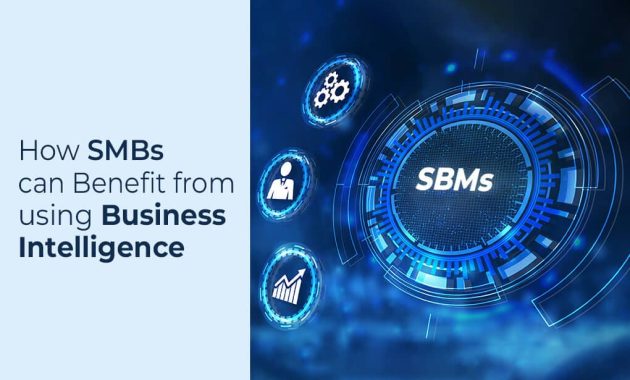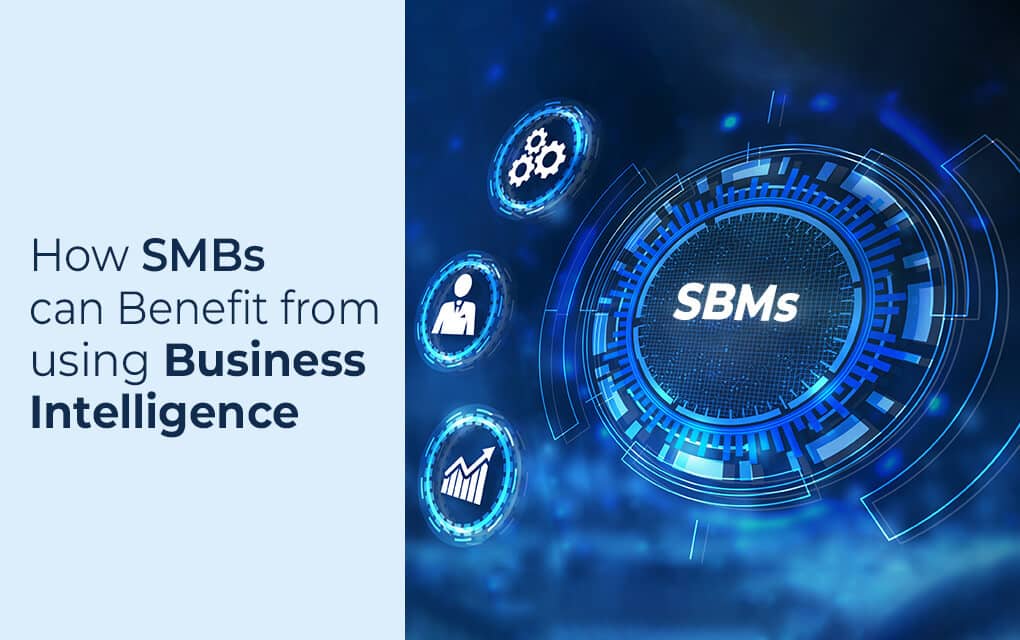
Business Intelligence Software for Smarter Small Business Growth: A Strategic Guide
In today’s data-driven landscape, small businesses face the constant challenge of making informed decisions. The key to success lies in harnessing the power of data. Business intelligence (BI) software provides the tools to analyze data. This analysis helps businesses understand trends, gain insights, and make strategic choices. This guide explores the benefits of business intelligence software for small businesses. It also provides practical advice on implementation and maximizing its potential. Implementing business intelligence software can be a game-changer. It helps small businesses achieve smarter growth.
Understanding Business Intelligence
Business intelligence is the process of transforming raw data into actionable insights. This transformation involves collecting, processing, and analyzing data. The goal is to identify trends, patterns, and anomalies. These insights enable businesses to make better decisions. BI software acts as the central hub for this process. It provides tools for data visualization, reporting, and analysis. This software empowers businesses to understand their performance. Businesses can then optimize their operations and improve profitability.
Key Benefits of Business Intelligence Software for Small Businesses
Small businesses can significantly benefit from adopting business intelligence software. The advantages are numerous and can drive significant improvements. Here are some of the most important benefits:
- Improved Decision-Making: BI software provides data-driven insights. These insights help business owners make informed decisions. This minimizes guesswork and maximizes the chances of success.
- Enhanced Efficiency: BI software automates reporting and analysis tasks. This frees up valuable time for employees. They can focus on more strategic initiatives.
- Cost Reduction: By identifying inefficiencies, BI software can help businesses reduce costs. This might involve optimizing inventory, streamlining operations, or improving resource allocation.
- Increased Revenue: BI software can help businesses identify new opportunities. Businesses can discover new markets and improve customer targeting. This leads to increased sales and revenue.
- Competitive Advantage: In a competitive market, data is a powerful asset. BI software provides a competitive edge. Businesses can make better decisions than their competitors.
Choosing the Right Business Intelligence Software
Selecting the right business intelligence software is crucial for success. Several factors need consideration before making a decision. Here are some key aspects to consider:
- Ease of Use: The software should be user-friendly. It should be easy to navigate and understand. A user-friendly interface reduces the learning curve. It enables employees to quickly adopt and utilize the software.
- Scalability: Choose software that can grow with your business. As your data volume increases, the software should be able to handle the load. It should also accommodate future growth.
- Integration Capabilities: The software should integrate with your existing systems. This includes CRM, ERP, and other relevant applications. Seamless integration ensures data flows smoothly between systems.
- Reporting and Visualization: The software should offer robust reporting and visualization capabilities. These features help you create clear and insightful reports. These also help you easily visualize your data.
- Cost: Consider the total cost of ownership. This includes the software license, implementation, and ongoing maintenance. Choose software that fits your budget. It should also provide the best value for your investment.
Top Business Intelligence Software Options for Small Businesses
Several business intelligence software solutions cater to the needs of small businesses. These solutions offer various features and functionalities. Here are some of the leading options:
- Tableau: Tableau is a powerful and versatile BI tool. It is known for its user-friendly interface and stunning visualizations. It offers a wide range of features for data analysis and reporting.
- Microsoft Power BI: Power BI is a cost-effective and user-friendly option. It integrates seamlessly with other Microsoft products. It is a popular choice for small to medium-sized businesses.
- Zoho Analytics: Zoho Analytics is a cloud-based BI platform. It is well-suited for small businesses. It offers a range of features and integrations. It is also known for its affordability.
- Qlik Sense: Qlik Sense is a self-service BI platform. It offers advanced data discovery and analysis capabilities. It is a good option for businesses seeking in-depth insights.
- Sisense: Sisense is a robust BI platform. It is designed for complex data analysis. It is a great choice for businesses with large datasets.
Implementing Business Intelligence Software: A Step-by-Step Guide
Implementing business intelligence software requires a structured approach. Here is a step-by-step guide to help you get started:
- Define Your Goals: Determine your business objectives. Identify the key performance indicators (KPIs) you want to track. This will guide your software selection and implementation.
- Assess Your Data Sources: Identify your data sources. Determine the data you need to collect. This will help you understand your data landscape.
- Select Your Software: Choose the BI software that best suits your needs. Consider the factors mentioned earlier. Evaluate the features, scalability, and cost.
- Implement the Software: Install and configure the software. Connect it to your data sources. Train your employees on how to use the software.
- Create Reports and Dashboards: Design reports and dashboards. These provide insights into your business performance. Customize them to meet your specific needs.
- Analyze and Iterate: Regularly analyze your data. Identify trends and patterns. Use these insights to make informed decisions. Continuously refine your reports and dashboards.
Best Practices for Maximizing the Value of Business Intelligence Software
To get the most out of your business intelligence software, follow these best practices:
- Focus on Data Quality: Ensure your data is accurate and reliable. Implement data quality checks. Cleanse your data regularly. This ensures the insights you derive are trustworthy.
- Train Your Employees: Provide adequate training to your employees. They need to understand how to use the software effectively. This will help them interpret the data.
- Foster a Data-Driven Culture: Encourage data-driven decision-making. Promote the use of data across all departments. Make data accessible to everyone.
- Regularly Review and Update: Regularly review your reports and dashboards. Make sure they are still relevant. Update them to reflect changes in your business.
- Seek External Expertise: Consider consulting with a BI expert. They can help you optimize your implementation. They can also provide training and ongoing support.
The Future of Business Intelligence for Small Businesses
The future of business intelligence software for small businesses is bright. Advancements in technology continue to make BI more accessible. It’s also more affordable. Several trends are shaping the future of BI:
- Cloud-Based BI: Cloud-based BI solutions are becoming increasingly popular. They offer scalability, flexibility, and cost-effectiveness. They also eliminate the need for on-premise infrastructure.
- Artificial Intelligence (AI) and Machine Learning (ML): AI and ML are being integrated into BI platforms. These technologies automate data analysis. They also provide predictive insights.
- Self-Service BI: Self-service BI tools empower users to analyze data themselves. This reduces the need for IT involvement. It also accelerates decision-making.
- Data Democratization: Data democratization is the process of making data accessible to everyone. This allows all employees to use data for decision-making. This also fosters a data-driven culture.
- Mobile BI: Mobile BI allows users to access data on their mobile devices. This provides real-time insights on the go. This is particularly important for businesses with remote teams.
Conclusion: Embracing Business Intelligence for Growth
Business intelligence software offers significant advantages for small businesses. It helps them make better decisions. It also increases efficiency and drives revenue growth. By choosing the right software. By implementing it effectively. By following best practices. Small businesses can harness the power of data. They can then achieve smarter growth and gain a competitive edge. The journey toward data-driven decision-making starts with the right tools. It requires a commitment to a data-driven culture. Embrace the power of BI. Position your small business for success in the future.
[See also: Related Article Titles]

